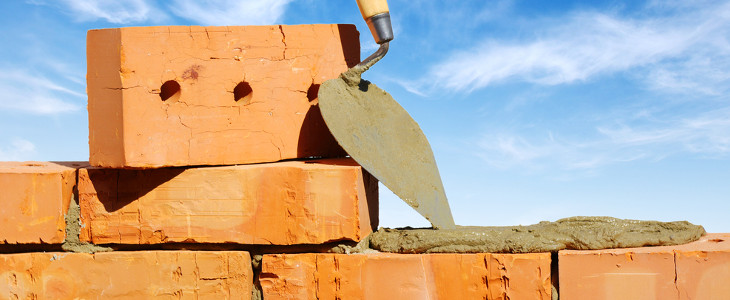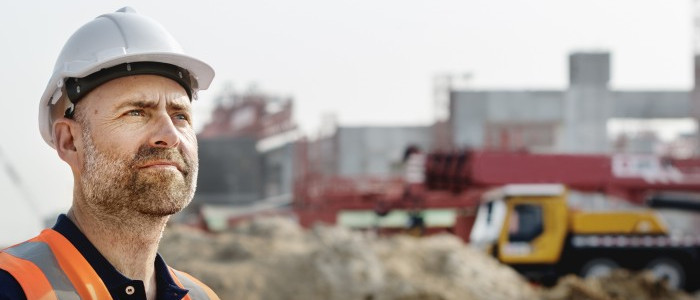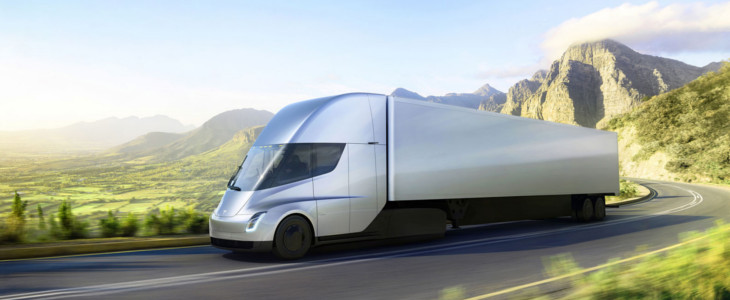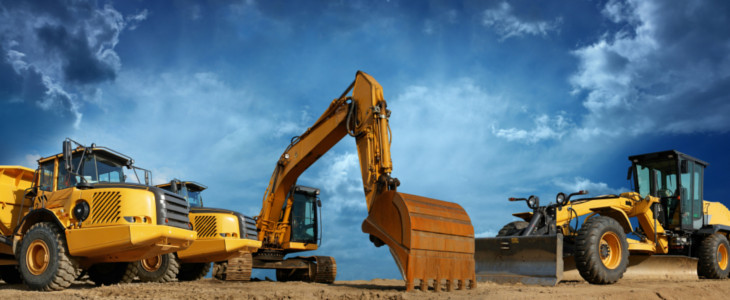Tax Deductions for Bricklayers and Stonemasons
12 January 2018

Average weekly pay: $1,200
Employment size: 33,300
Future growth: Moderate
Skill level Certificate III or IV
A bricklayer is a craftsman who lays bricks to construct brickwork. A stonemason is one who lays any combination of stones, cinder blocks, and bricks in the construction of building walls and other works.
Typical tax deductions:
- Travel to and from work, and between building sites, while transporting bulky equipment (normally 20 plus kilos). Normally includes cement mixers and other equipment stored on the bricklayer’s ute or trailer. Deductions are normally maximised by using the logbook method.
- Travel expenses. Meals and accommodation expenses incurred when being away from home overnight for work.
- Protective clothing. Includes fire-resistant and sun-protection clothing, safety-coloured vests, steel-capped boots, gloves, overalls, and heavy-duty shirts and trousers, overalls, smocks and aprons you wear to avoid damage or soiling to your ordinary clothes during your income-earning activities
- Sun protection costs. As bricklayers are required to be out in the sun for a large part of their workday, they can claim a deduction for the cost of sunglasses, hats and sunscreen lotions that are used to protect themselves at work. These items are deductible as they provide protection from harm, or skin cancer while they are doing their job.
- Courses, seminars and self-education expenses.
- Tools and equipment, if less than $300 each are immediately deductible. Whereas if they are over $300 they are depreciable.
- Dogs, when used at worksites to guard the bricklayer’s tools against theft. The purchase cost of the dog (and training fees) are not deductible as they are capital costs. In contrast, vet bills and pet food bills may qualify as a tax deduction.
Posted in Occupation Deductions
"You’d be stupid not to try to cut your tax bill and those that don’t are stupid in business"
- Bono: U2




